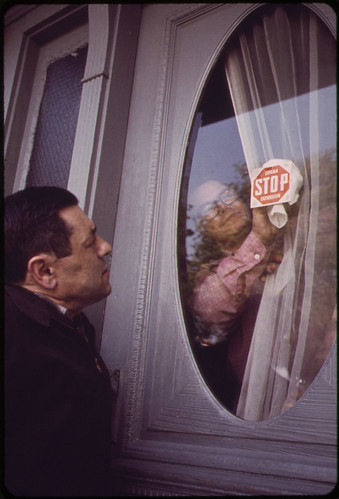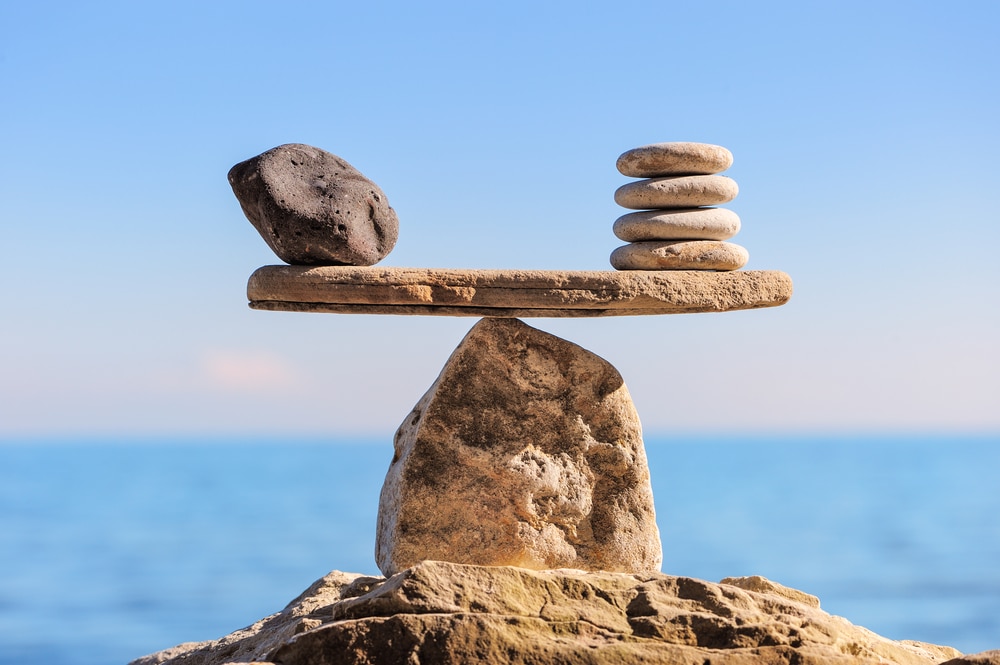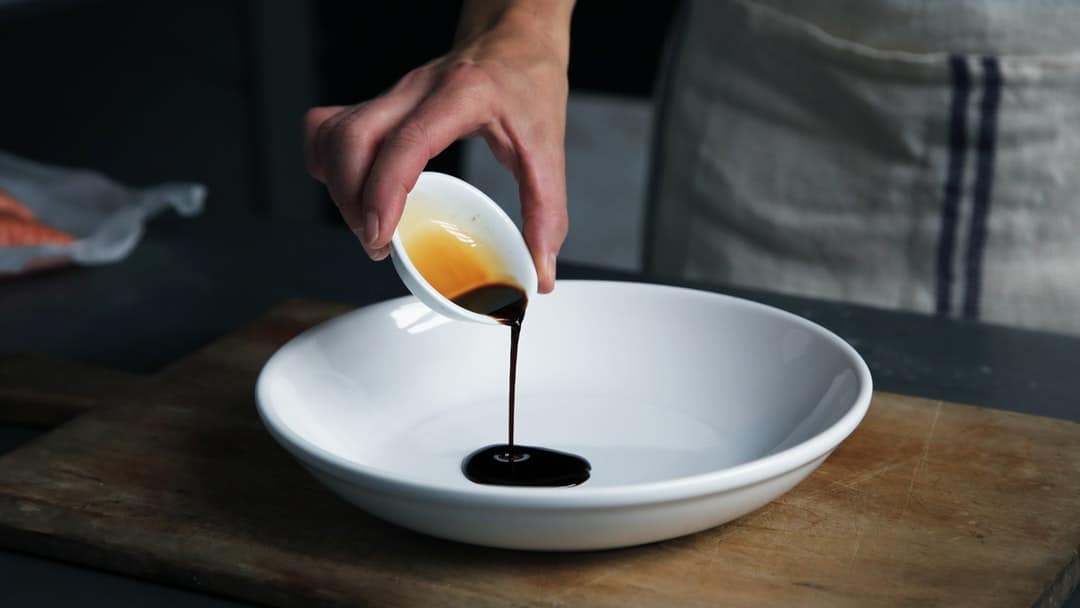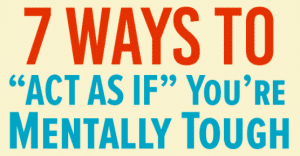mental toughness
-

15 Real Life Examples of Patience | DRB & Associates
.
“We should not let an illusion of urgency force us to make decisions before we are ready.” — Nelson Mandela Patience is the number one attribute when it…
-

15 Real Life Examples of Patience In History
.
“We should not let an illusion of urgency force us to make decisions before we are ready.” — Nelson Mandela “Patience is the number one attribute when it comes…
-

3 Ways To Stop Unhealthy Comparisons
.
3 Ways To Stop Unhealthy Comparisons Most of what I read is about how to stop comparing yourself to others. The “comparison is the thief of joy” stuff. It…
-

Accountability is the missing sauce of mental toughness
.
Accountability is the missing sauce of mental toughness I knew training for my ironman would be hard. I had approximately 90 days to prepare for this grueling 2.4-mile swim,…
-

How We Can Measure Mental Toughness?
.
How We Can Measure Mental Toughness? We are all about measurements in society. Hence, it’s why I receive a “survey” after every visit to any store or airport. We…
-

5 Epic Mental Toughness Lessons From My Ironman
.
I recently spoke to James Lawrence, The Iron Cowboy on my podcast 15 minutes of Mental Toughness. He completed 50 Ironmans, in 50 days, in 50 states. I did…
-

Three Simple Ways To Get Off The Struggle Bus
.
The struggle bus’s only destination is to the pity party, where no one shows up, but YOU!
-

Why I Am Doing An Ironman
.
Why I Am Doing An Ironman “Your why has to make you cry, if it doesn’t, it’s not your why.” I was an utter screw-up in high-school. I got arrested…
-

Marinate Your Mind With These Mental Toughness Sauces
.
Marinate Your Mind With These Mental Toughness Sauces I simply couldn’t take it. I got too worked up. I could no longer listen to sports commentary. It seems silly,…
-

7 Helpful Ways To Act As If Toward Mental Toughness
.
[Infographic] 7 Helpful Ways to “Act As if” Toward Mental Toughness I absolutely can’t stand the saying ” fake it until you make it.” Why do you want to…